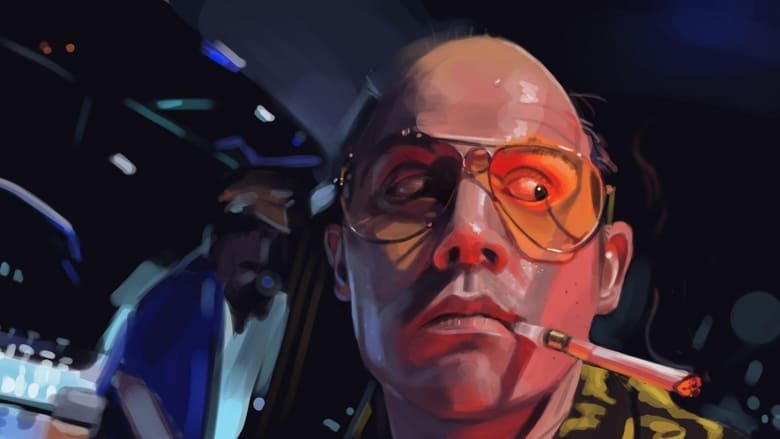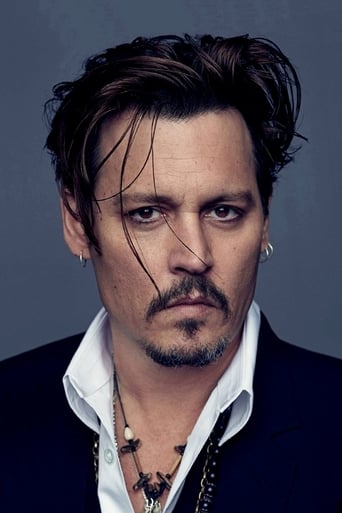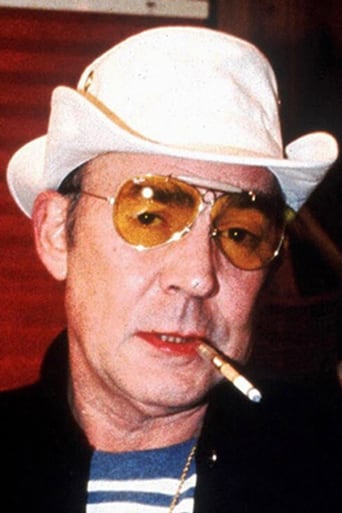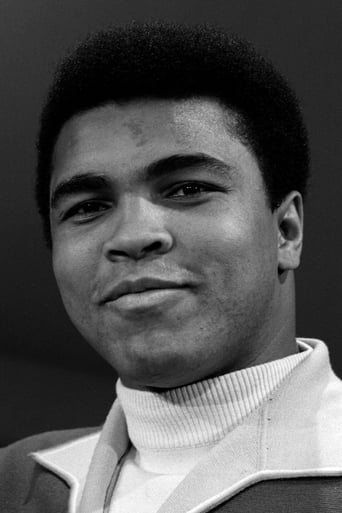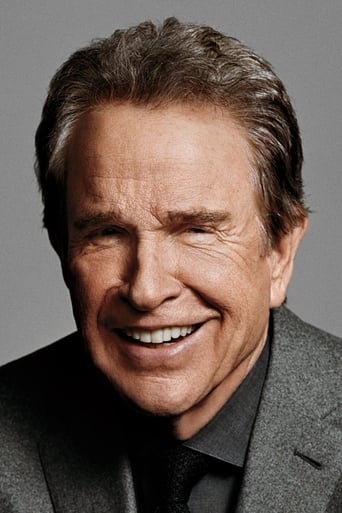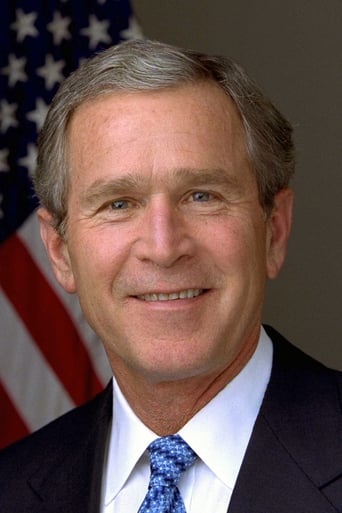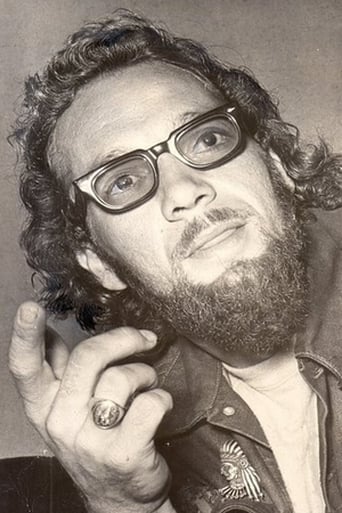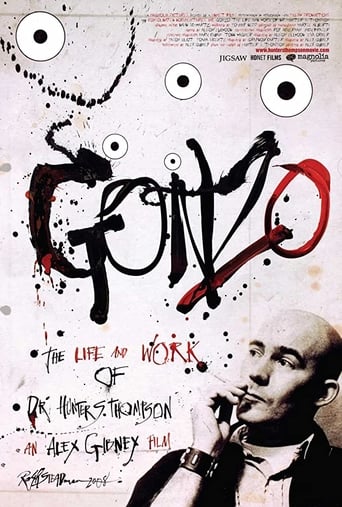
Gonzo: The Life and Work of Dr. Hunter S. Thompson
July. 18,2008 RFueled by a raging libido, Wild Turkey, and superhuman doses of drugs, Thompson was a true "free lance, " goring sacred cows with impunity, hilarity, and a steel-eyed conviction for writing wrongs. Focusing on the good doctor's heyday, 1965 to 1975, the film includes clips of never-before-seen (nor heard) home movies, audiotapes, and passages from unpublished manuscripts.
Similar titles
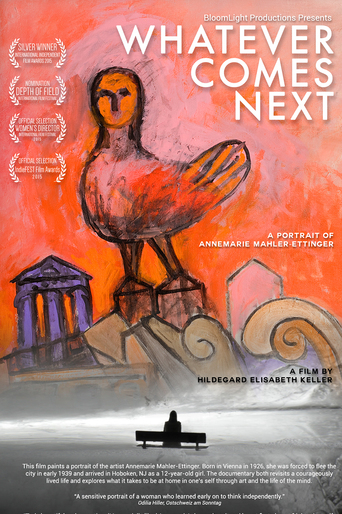
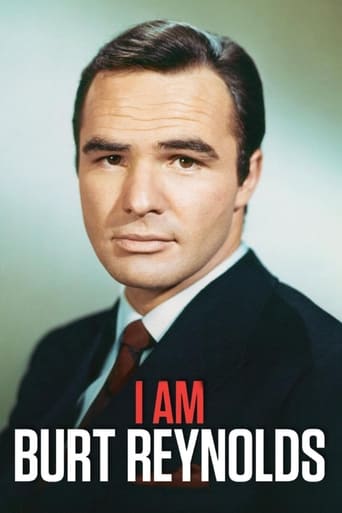

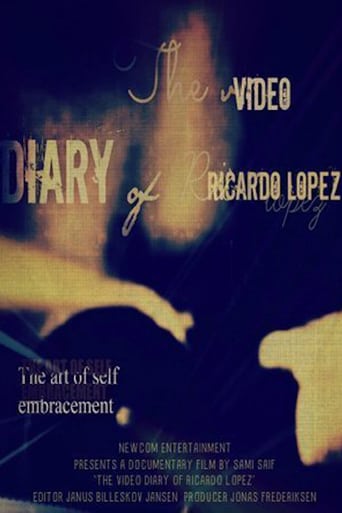
You May Also Like
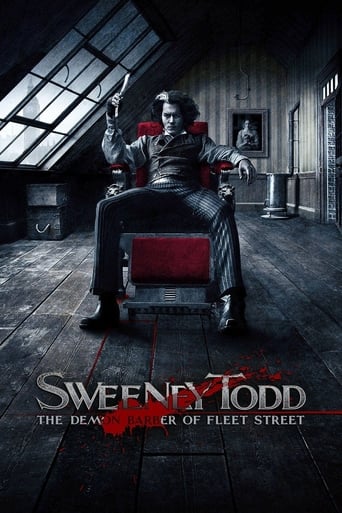
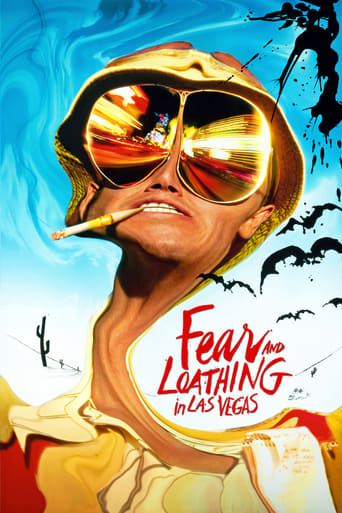
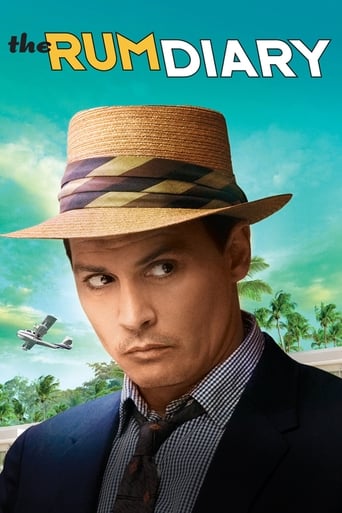
Reviews
Must See Movie...
Easily the biggest piece of Right wing non sense propaganda I ever saw.
This is a small, humorous movie in some ways, but it has a huge heart. What a nice experience.
By the time the dramatic fireworks start popping off, each one feels earned.
Gonzo is a traditional documentary in which the director remains mute behind the camera, allowing the subjects to develop the story independent of outside commentary. The film's foundation is its subject matter--not the fireworks of post-Michael-Moore documentary film making.If you're into the Hell's Angels, drug culture, gun culture, psychological and sometimes real violence, the 60s, the 70s, Ken Kesey and the Merry Pranksters, Tom Wolfe, Neal Cassidy, Rolling Stone, Haight-Ashbury, and, most importantly Hunter S. Thompson (aka Raoul Duke) himself--if you're into that kind of thing--this film will work for you.I am into that kind of thing--but mostly because I'm intellectually fascinated by the prototypes of many of the people I've chosen to surround myself with now. You have to understand that a film like this is sort of about my imaginary ancestors. Or maybe the imaginary ancestors of a family I've loosely adopted as my own.I'm a seven-time participant in Burning Man. The people I know (whether they admit it or not), are still carrying the torch for pranksterism and hippydom. And if I wasn't so square myself, I'd probably be even deeper in the middle of what the counterculture has become. I appreciate tranquility and sanity too much to be more than a voyeuristic observer in this experiment. It's not dead quite yet, believe me.About that intellectual curiosity: I've never really been able to tease apart my ambivalent feelings towards Hunter S. Thompson. I've read Hell's Angels, seen Johnny Depp in Fear and Loathing in Las Vegas, seen Bill Murray in Where the Buffalo roam. I admire Thompson's success and enjoy his writing.But on the other hand, my admiration is tainted by a small part of something negative--maybe disgust or distrust, or maybe just spiteful envy that someone could become so successful primarily by flaunting moral and journalistic convention.The movie helped me see the man more than the character--and I have a much deeper appreciation for his experience of reality: for Hunter's experience, and what it led him to do. I don't know that the film resolved my ambivalence, but it certainly helped me not to be quite so judgmental.What fascinates me the most about this era is not the traditional narrative that pits the authority against the counter-cultural freaks. What continues to fascinate me is the way in which the so-called 'failure' of the era was really just the final, incontrovertible admission that the counterculture was another facet of the mainstream culture, and that there were easy ways in which the latter could bend itself into an acceptable version of the former.In today's context, it's nearly unthinkable to me that a person like Thompson could not only make a living but really be quite successful by adopting outrageousness and rebellion for its own sake.Somehow, even then, when long-haired (or bald-headed in Thompson's case) rock-infused freakiness was still too nascent to have found its way into the stripmall mainstream, there were people who managed to make money off of the system while mouthing off about it at every opportunity.And maybe that's what made the movement so absolutely enticing as a force of social revolt: because it had the money to make revolution not just a moral imperative, but also really really fun.For all of its outsider mentality and oppression complex, the counterculture was still white, still disproportionately privileged, still more capable of wielding its resources to create a reality other than the one presented to its members at birth.It remains to be seen whether that's something we should really feel ashamed of, or whether it's just a good thing to keep in mind as we launch our future projects as DIY culture-builders.The ability to reshape one's cultural reality without drastically impacting one's economic future is, arguably, the greatest privilege we whites have maintained over time. I truly wish everyone could experience that kind of freedom.Hunter S. Thompson personifies the problem of white outsiderness to me. He was the bad boy and people with money liked the spectacle. Didn't seem like he felt any pressure to assimilate.Because ultimately he was producing more (social and material) capital than the suits and minor politicians he ridiculed. Was he really any more pure of the taint of money and privilege than they were, or was he just smarter about it? Should I despise him for his fame and spectacle, or should I feel proud that some one made it while saying no to that stereotypical straw man we call normal? Like a lot of author bios this film brought a third dimension to Thompson--one I hadn't seen before. By listening to his struggles and the accounts of his friends, I learned who Hunter was beyond what he has come to represent in my head.
I really liked this movie. It's basically like watching one of those history channel shows about the 60's, and as the thing proceeds you see all the major events and the material nicely accented by the personal story of Hunter S. Thompson. It's more like the craze years : a personal story than a documentary on Hunter S. Thompson.As for the documentary aspect about the late father of Gonzo which many fan's that part of the plot is also carried out quite well. I think honestly they go a little overboard about how much influence the guy had, but the story is at its heart honest. The producers make Hunter into more of a tragic hero, a man consumed by his and others need for him to be a generational icon and then the story of both the world and more importantly the man coming to terms with stark reality. Honestly, the movie is great. I would recommend it to anyone.
Gonzo: The Life and Work of Dr Hunter S. Thompson is a very well put together documentary from Alex Gibney, whose Enron: the Smartest Guys in the Room was a fascinating insight into the fluff and fraud of a section of Corporate America in the early years of the 21st century. Not sure how I managed to miss Gibney's Who Killed the Electric Car? but I intend to track it down now, as on the evidence of this movie, it will be worth the effort. Gibney frames his subject well, with a wealth of background detail on the 60s West Coast counter culture which launched Thompson's literary career, and he has assembled a great soundtrack; it's almost worth watching this movie just to hear the music. Gibney follows Thompson's story coherently. He tracked down some revealing home movies and some unexpected people (Pat Buchanan, Jimmy Carter) to explain Hunter S Thompson to the world, (his first wife seems remarkably lacking in angst despite having to call the sheriff when she feared for her safety), although I felt there could have been a little more emphasis on the early years (the air force, the time in Puerto Rico and Brazil). There is some suggestion that Thompson carried a fairly major chip on his shoulder from his teen years, when his father died, leaving his mother to raise 3 sons in genteel near-poverty. Hunter, with his sharp intellect, mixed with the rich kids but was in actuality a fairly poor kid, and one incident when he was jailed for his proximity to a crime, may have contributed to his life long despising of authority.I'm slightly too young to have been a fan of his writing back in the late 60s and early 70s, when I was a teenager living on another continent, and although I've caught up with some of it since, the movie of Fear and Loathing in Las Vegas, which I re-watched recently, produces little reaction from me these days beyond a yawn. It's better on the page. But he was a fascinating character, no doubt about it, and I can't think of anyone around today who can write with quite his accuracy and style (and how we need it.) My husband confessed that he had never heard of Thompson (well we are foreigners!) before watching this movie, so it may well be an indication of how good a documentary this is, that we both enjoyed it so much.Gonzo tracks the journey of Thompson from outsider journalist and acute spectator, whose acid sharp observations skewered the Great American Dream, to the sad situation where Thompson himself became the story, stoned, drunk and wasting his talents, apparently feeling a need to live up to the over-the-top persona he had created on the page. On an objective level, it's intriguing to watch the winding path from the great and original writing of Fear and Loathing in Las Vegas, Hells Angels and the 1972 presidential election - where he championed the decent McGovern - to the debacle in Zaire, the Ali Forman match-up, where Thompson gave away his tickets and spent the time drunk in the hotel pool, thereby missing one of the greatest boxing matches of all time, (and failing to report on the fight for the mugs who had paid his expenses.)Much as I admire his well pointed vitriol and satire and wish we had it around today - I have a very limited amount of sympathy for people who choose self destruction as a life style, and Thompson always seemed to blow it just as true greatness beckoned. He comes across as utterly self obsessed and I found myself lacking any real sympathy for him, or connection to him, rather feeling impatient that he chose not to hang around long enough and stay sober often enough, to wield his pen a few years longer. Everyone, of course, is free to chose their own path to death, and Thompson's makes interesting viewing. Just don't ask me to feel much sympathy for the guy. Still, it's a good movie.
Greetings again from the darkness. Another excellent documentary from Alex Gibney, who has also blessed us with "Taxi to the Dark Side" and "Enron: The Smartest Guys in the Room". Here, Gibney takes on the fascinating story of Hunter S. Thompson ... he of Gonzo Journalism.With enough material to support a mini-series, Gibney culls the material down to two hours and provides some insight, but mostly commentary on this uniquely talented writer and observationalist. The highlights include George McGovern heartfelt description of the man and interviews with Thompson's two wives, and "Rolling Stone" editor Jann Wenner. Through their own words and body language, we get a glimpse into the immense respect this man's talent generated. Of course, no punches are pulled on his weaknesses and transgressions.I couldn't help but chuckle of the irony as Tom Wolfe, resplendent as always in his tailored white suit, explains that Thompson created this character and its uniform/costume and felt the burden of living up to his legendary exploits. He was a captive of his own creation.While it is difficult to understand how someone with such self-destructive tendencies captured the respect of so many close to him, Thompson is truly an interesting and fascinating topic and was right in the middle of much of the history of the 60's and 70's. Quietly narrated by Thompson's friend, Johnny Depp, the film uses many topical songs selections to accompany moments in time.
Top Streaming Movies











